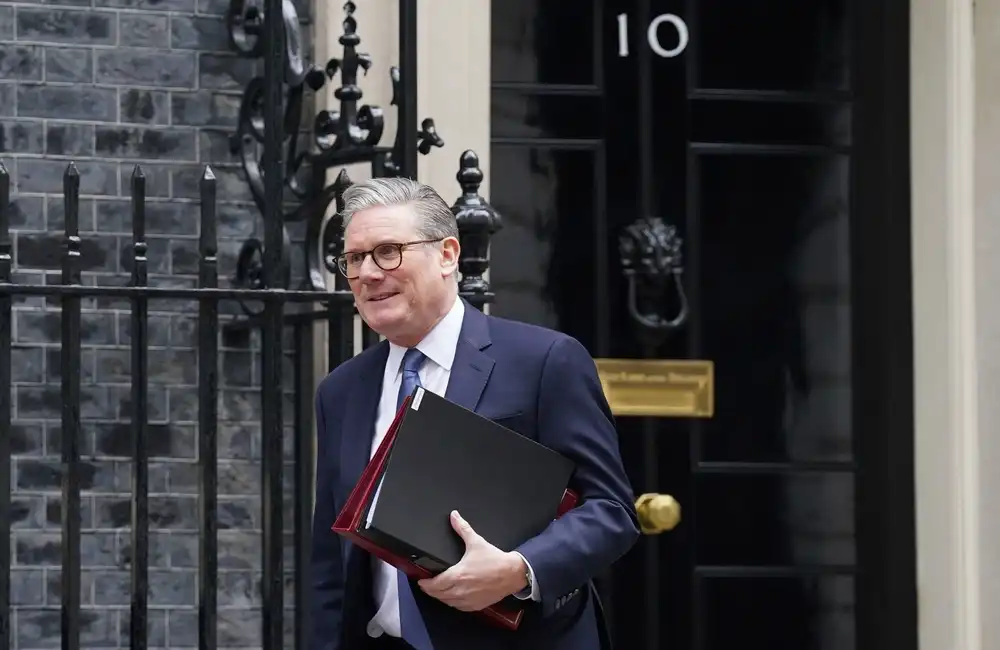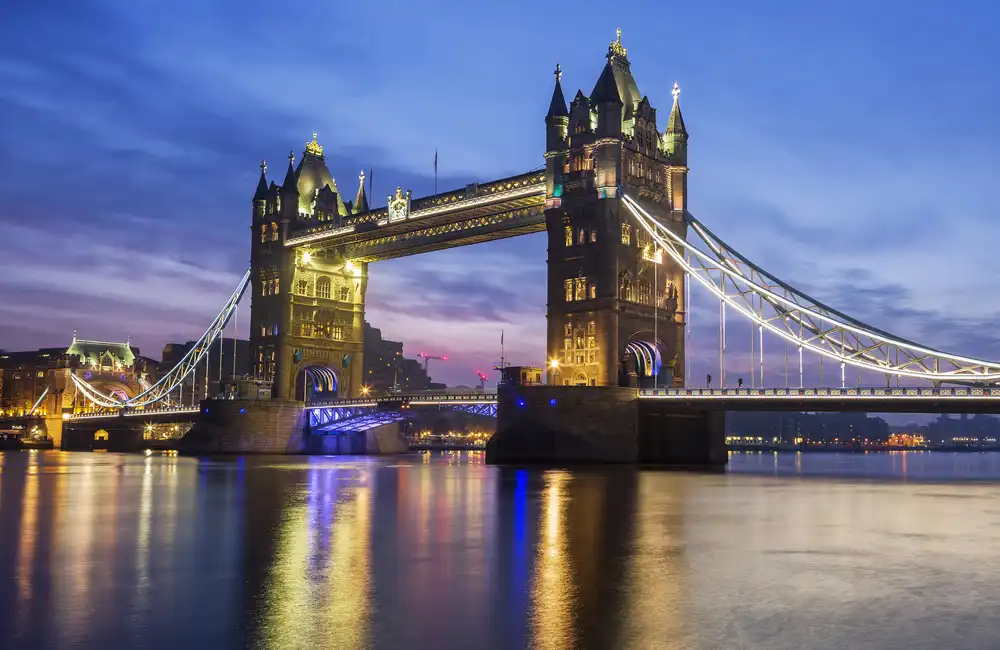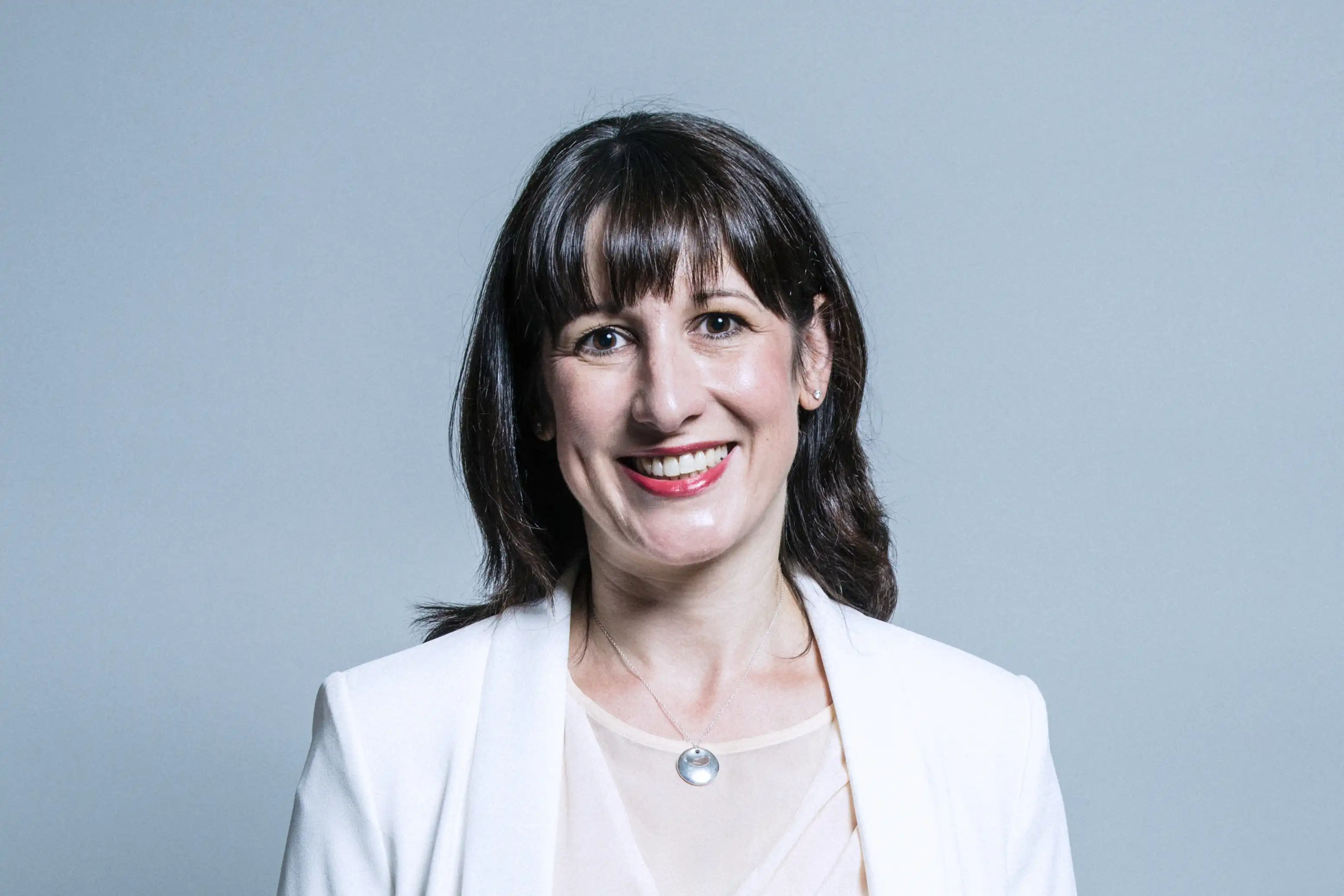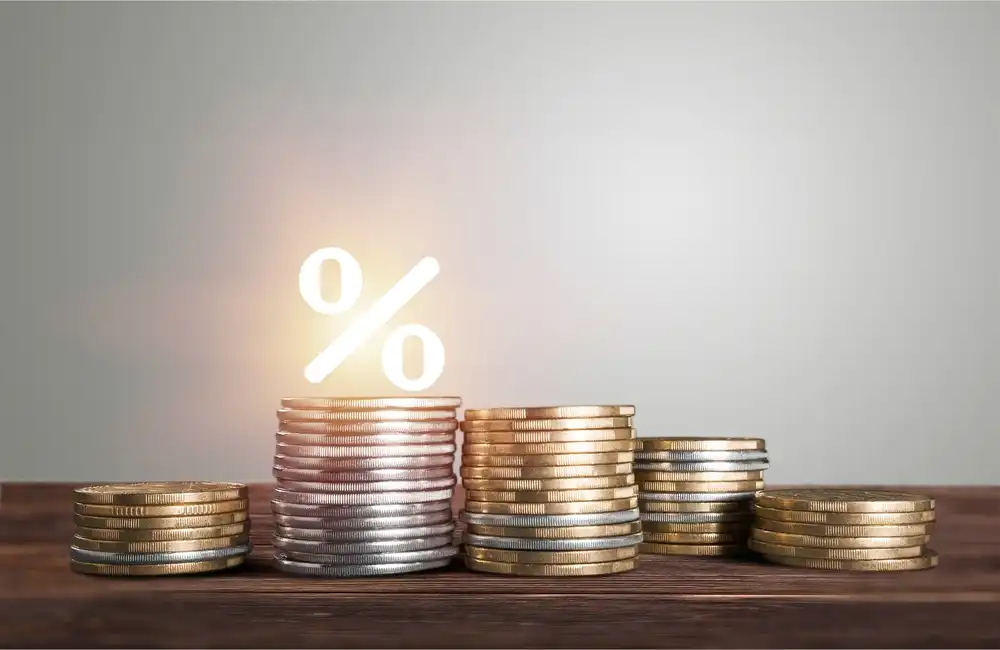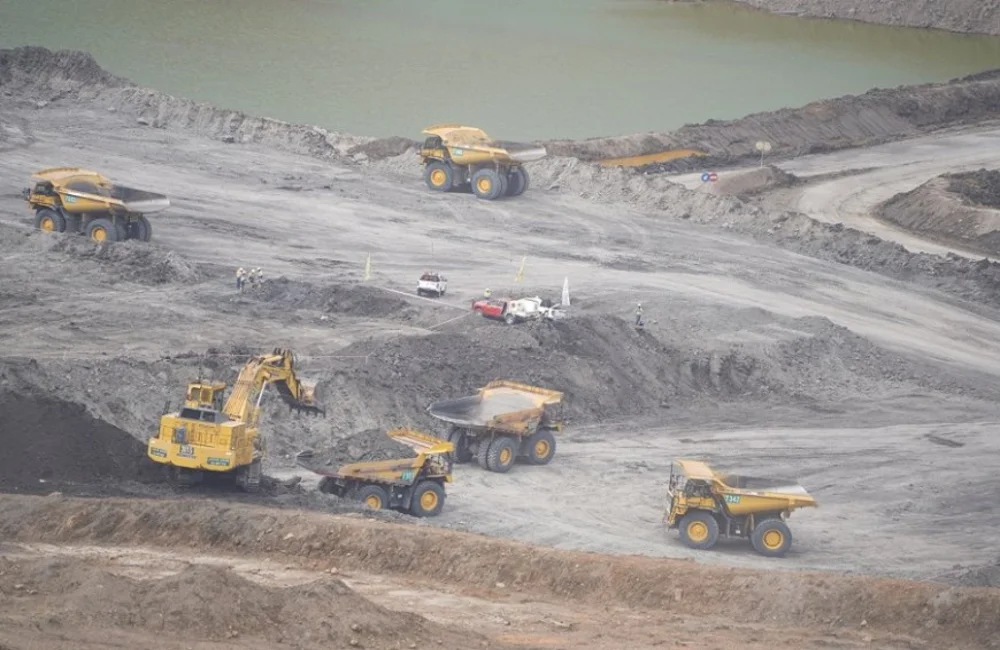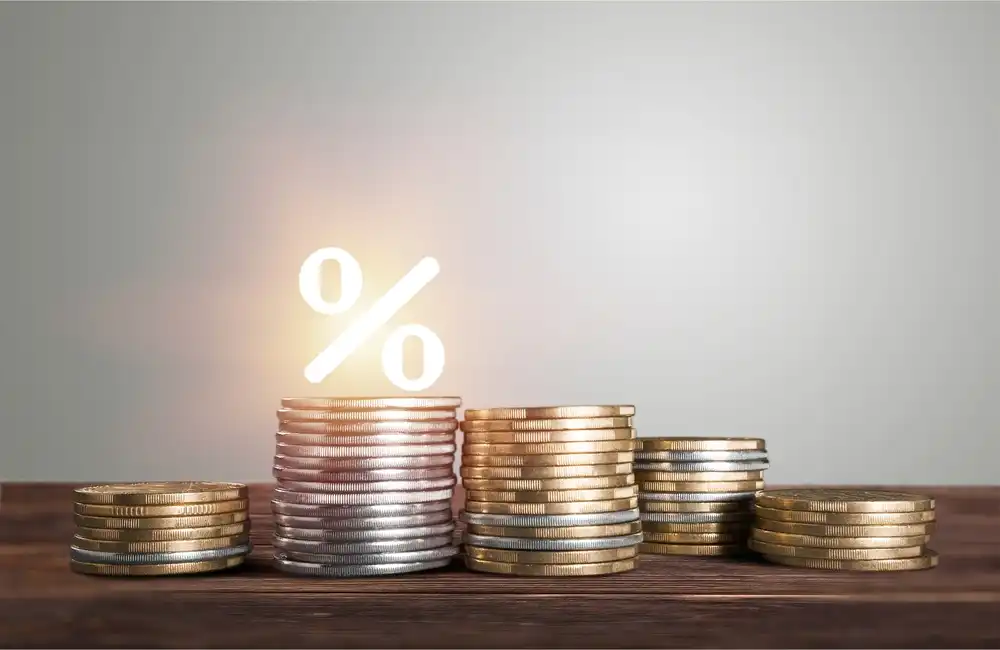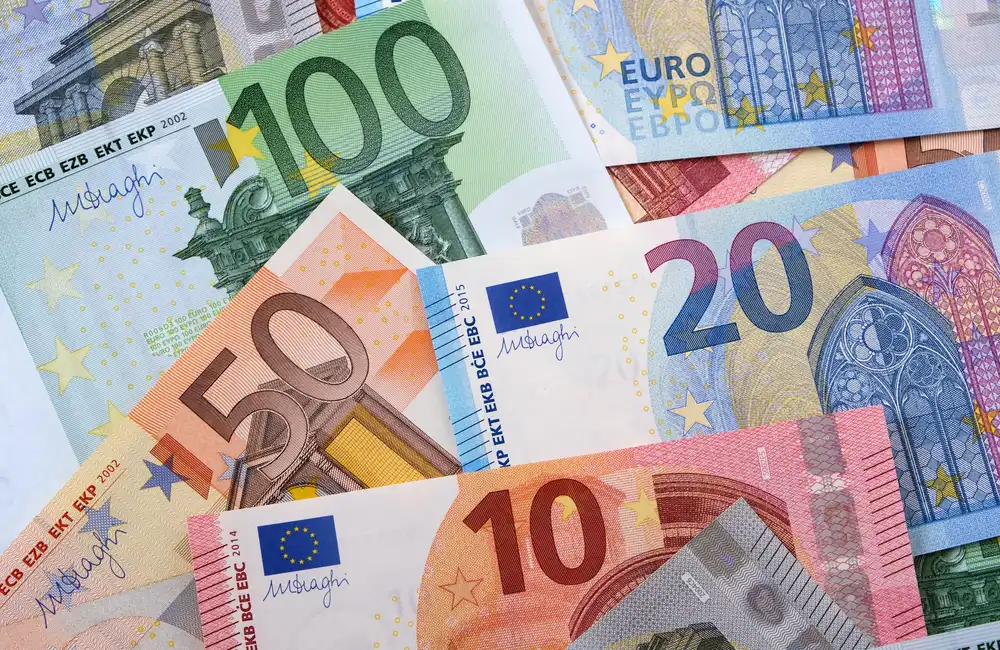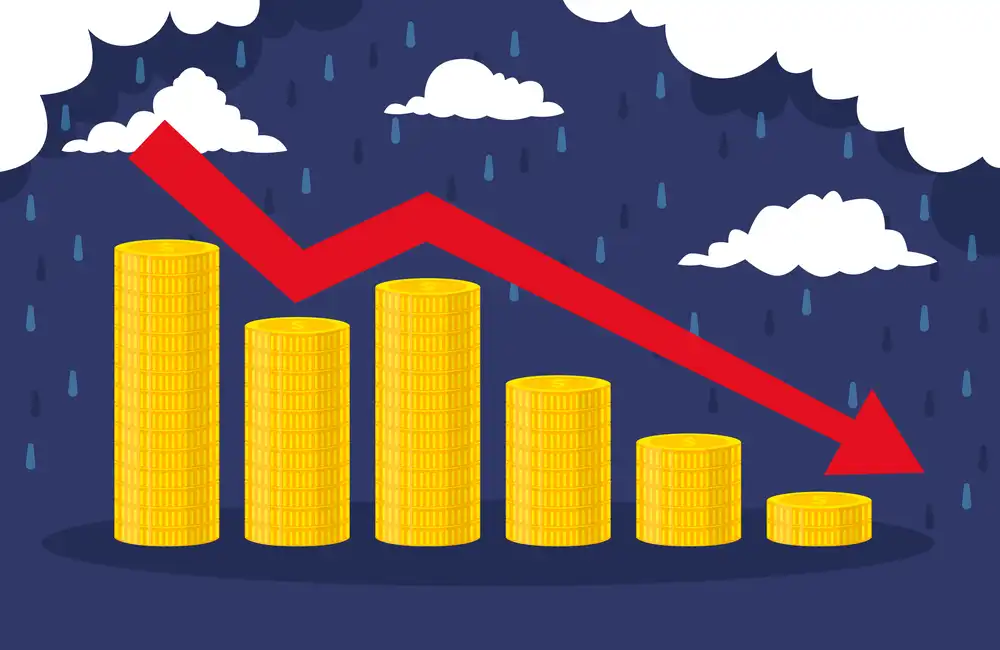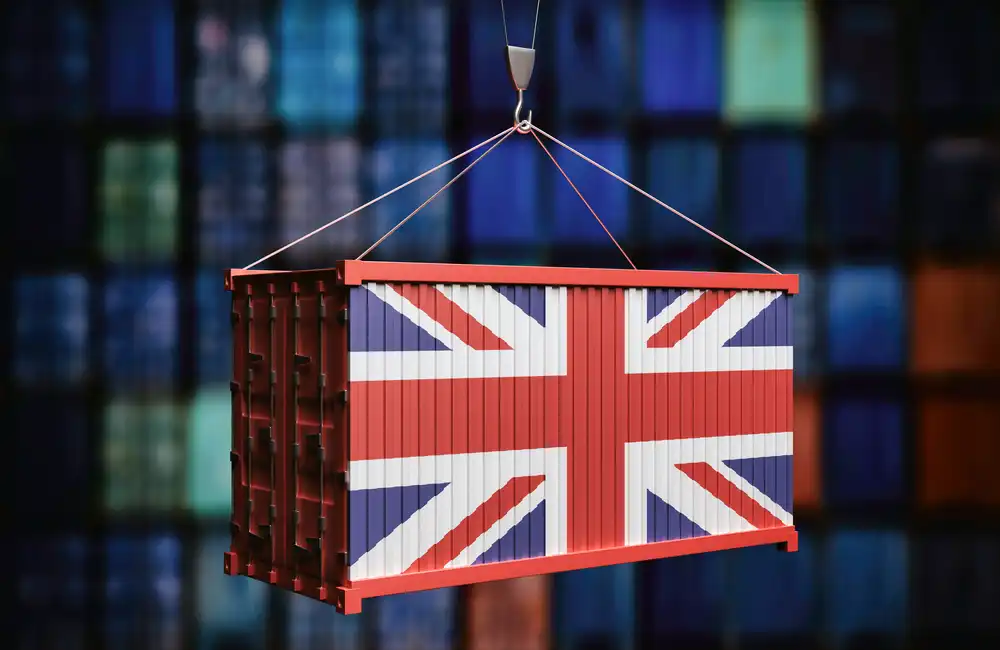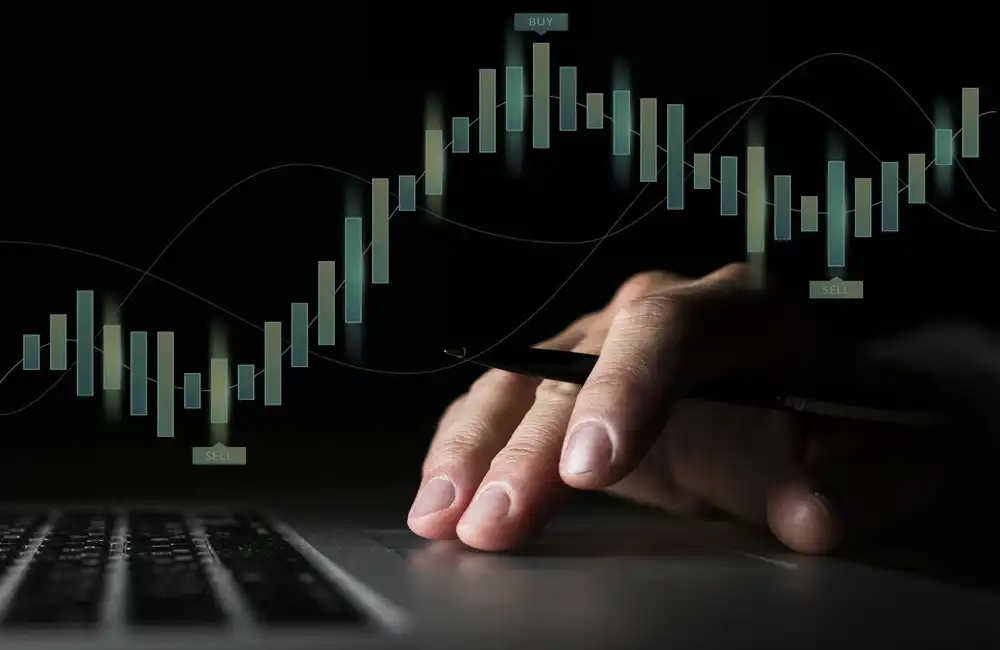Zerttew is exploring for lithium in Zimbabwe, with plans to ultimately set up a battery value chain in the country, Zerttew co-founder Valentine Garacho told S&P Global Commodity Insights in an interview.
The company is still in an early exploration stage and has launched a drilling program, but it hopes to move quickly toward lithium mining, as the samples gathered to date have been “quite encouraging,” Garacho said.
But the definitive feasibility study, resource statement, and other paperwork will determine whether an orebody has a shot at being economic, and if Zerttew should keep looking, hand it over, or mine it.
The firm hopes to conduct exploration on petalite orebodies near Gwanda in south Zimbabwe, in the Mashonaland central province in north Zimbabwe and in Bikita in the Masvingo province. Garacho commented that they were rightly probing in Bikita, saying Zerttew's initial program of explorations would find where a target should be drilled, as geologists had been taking samples and had previously drilled several core holes to send them to the lab.
The company wants to do a pre-feasibility study, definitive feasibility study, and bankable feasibility study in the next year, he said. At some stage, the company would also do some trial mining using the pilot plant, he added.
“We don’t see ourselves taking much over a year to get our pilot project on site to turn whatever we’ve got from concentrate into pre-final product, before it’s a battery,” Garacho said.
The company had already raised $6 million internally, and the bankable feasibility study would allow him to raise funds elsewhere, he said.
For a test 90-day period, the company envisages some 20 hours/day at some 2 mt/h through the pilot plant to check the ground’s competency.
Because Zimbabwe is short of electricity, Garacho said, Zerttew will seek to power the project via solar to give it a more environmentally friendly footprint as well. It will then seek partners to help it build and run a bigger commercial plant, which would seek to supply lithium hydroxide to the biggest electric vehicle-producing nations such as China, the US, Europe, and Japan, Garacho said.
Circular economy
But Zerttew's long-term goal is to mine, manufacture, and sell lithium-ion batteries from the African mainland.
“We will have to change the narrative around value addition. You have the full circle economies in other jurisdictions, but I think it is high time that we also have a circular economy, and that is the hope,” Garacho said.
Zimbabwe does have experience in lithium mining -- it exported 1,200 mt of lithium concentrate in 2021, Garacho told S&P Global.
“Zimbabwe has been mining lithium for a good 50 years, and it is only now that the world is gravitating back to alternative solutions for batteries, including lithium,” he said.
The energy transition was accounting for global demand for lithium. “We are going to be part of a big boom coming in Zimbabwe,” he said
Zerttew is hardly the only company trying to retrieve lithium from Zimbabwe.
Zhejiang Huayou Cobalt, a Chinese cobalt producer, said in December it was buying 100% of the Arcadia hard-rock lithium mine in Zimbabwe for $422 million.
At the time, it said it would pay $377.8 million to lithium explorer Prospect Resources for its 87 percent stake in the mine, and a total of $44.2 million to individual Kingston Kajese and family trust Tamari Trust for their 6 percent and 7 percent stakes in the project.
The Arcadia project has 72.7 million mt mineral resource with 1.06% lithium oxide grade and volume of lithium oxide at 770,000 mt or 1.9 million mt lithium carbonate equivalent. It also contains 42.3 million mt in reserves with a lithium oxide grade of 1.19%, and the quantity of lithium metal was 504,000 mt, equivalent to 1.24 million mt of lithium carbonate.


